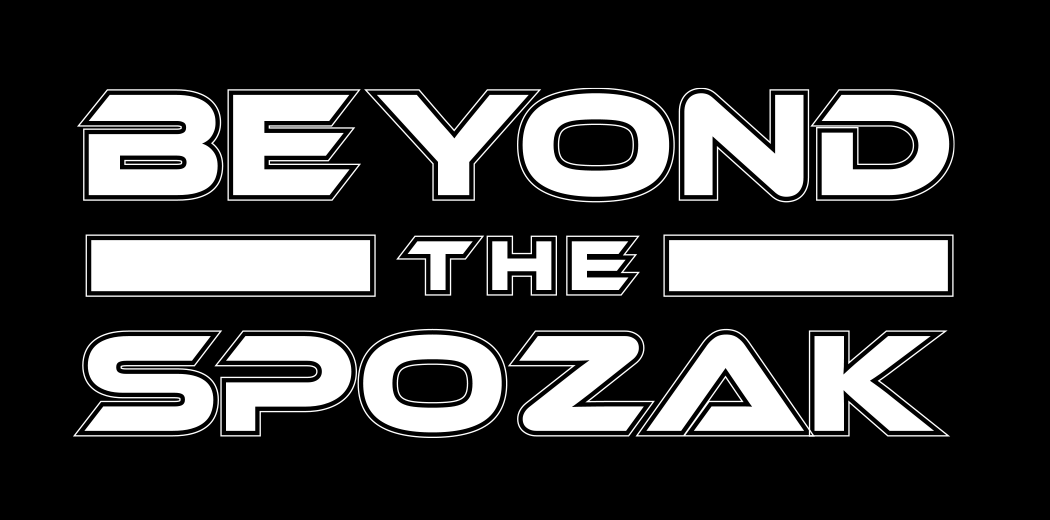In GSC 139, the First Convergence War had been raging for seven years, and explorers from the Planetary League had recently discovered some possible allies on Dogur-dann, but officially the non-interference doctrine forbid direct interaction with alien cultures without space travel capabilities.
The Planetary Senate took action by passing the Alien Assistance Act. The act had two main provisions, it partially repealed the non-interference doctrine for emergency situations, and it founded the Alien Assistance Agency.
The act allowed the Planetary League to officially step in to help aliens deemed to be in need of assistance. The Dogarri were stranded on a rogue planet that had been flung away from its star, and were under attack by the Convergence, but later, this provision would be stretched to include a wide range of situations.
The Alien Assistance Agency was a specialized team set up with diplomats, exobiologists, linguists, and explorers to make first contact in emergency situations. offering assistance to aliens in need. The agency often traded advanced technology for trade deals, diplomatic relations, and frequently accepted new members into the Planetary League.


